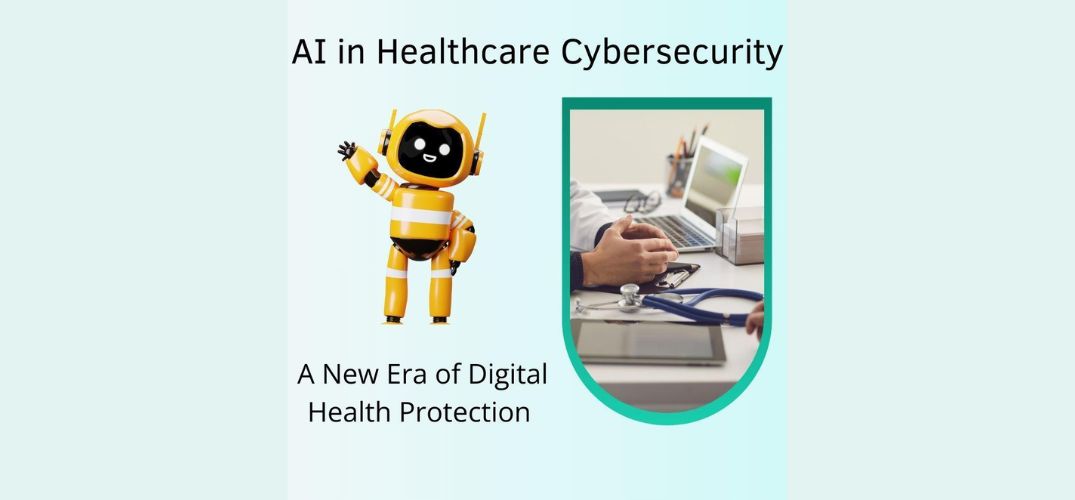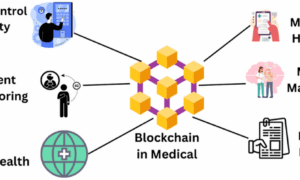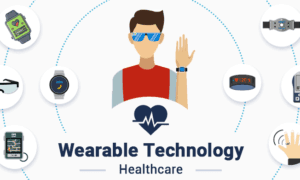“In an age where healthcare breaches cost the industry billions annually, AI is emerging as a powerful ally. However, as Krunal Manilal Gala highlights in his groundbreaking study, this technological leap comes with ethical and regulatory challenges that demand urgent attention.”
The Digital Defense Revolution
The healthcare cybersecurity landscape is evolving rapidly, driven by AI-powered solutions that excel in threat detection and response. Organizations using AI for incident response report 74% lower breach costs. With AI’s proven potential to protect medical data, the global healthcare cybersecurity market is projected to grow significantly, reaching $51.7 billion by 2027.
Privacy in the Age of Intelligence
As healthcare facilities generate massive amounts of patient data—approximately 80 megabytes per patient annually—the challenge of protecting this information becomes increasingly complex. The implementation of sophisticated AI systems introduces new privacy considerations that must be carefully balanced against security needs. Advanced techniques such as differential privacy have shown promising results, achieving a 99.98% reduction in re-identification risk while maintaining 95% of data utility for machine learning models. These improvements are particularly crucial as hospitals and health systems manage an average of 10 terabytes of data for every 500 beds.
The Human Element: Trust and Consent
The integration of AI in healthcare security systems has sparked important discussions about patient trust and informed consent. Recent surveys indicate that 75% of patients express concerns about AI handling their health data. However, when provided with clear information about AI usage, patient willingness to consent increases by 45%. This highlights the crucial role of transparency in building trust between healthcare providers and patients. Studies show that implementing dynamic consent models has increased patient trust by 32% and willingness to share data by 28%.
Tackling Algorithmic Bias
One of the most pressing challenges in AI-driven healthcare security is addressing algorithmic bias. Studies reveal that 67% of AI models used in healthcare cybersecurity show some form of bias, with 31% exhibiting significant bias that could lead to disparate outcomes. Healthcare organizations implementing regular audits have successfully reduced algorithmic bias by 28%, demonstrating the importance of continuous monitoring and adjustment. Research shows that AI models trained on demographically diverse datasets can reduce bias by up to 40%.
Innovation Meets Regulation
The rapid advancement of AI technology often outpaces regulatory frameworks, creating potential gaps in patient protection. With the global AI in cybersecurity market projected to reach $38.2 billion by 2027, the need for adaptive regulation becomes increasingly urgent. Organizations using flexible regulatory approaches have seen 34% faster adoption of AI in healthcare cybersecurity while maintaining lower breach rates. Studies indicate that overly restrictive regulations could slow AI adoption by up to 37%, potentially costing the industry $14 billion in unrealized efficiency gains by 2025.
The Path Forward
International cooperation plays a vital role in establishing consistent standards for AI in health cybersecurity. Studies suggest that harmonized global standards could reduce implementation costs by up to 32% and improve cross-border data protection by 28%. These improvements are crucial as healthcare organizations increasingly rely on cloud-based AI services for cybersecurity, with 67% of large healthcare organizations now using such services.
Future Implications
The emergence of quantum estimates suggest that quantum computers could compromise 20% of current health data encryption methods, necessitating new AI-driven security approaches. This technological evolution underscores the importance of continued innovation in healthcare cybersecurity. A global survey of 10,000 patients found that 72% were concerned about using AI to protect their health data, but 68% would be more comfortable with clear regulations and certifications in place.
As AI transforms healthcare cybersecurity, Krunal Manilal Gala emphasizes the necessity of collaboration among researchers, regulators, and healthcare providers. By fostering innovation, upholding ethical standards, and strengthening regulatory frameworks, the industry can create a more secure and resilient digital future for everyone































